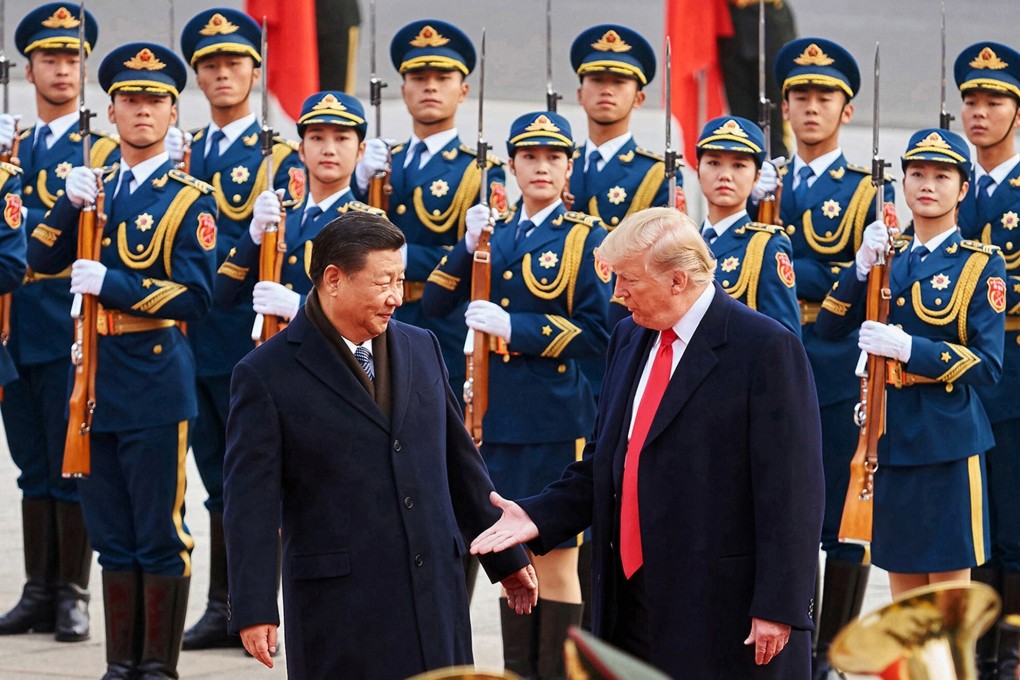Letters | The West hopes China will mirror Western values: that’s wishful thinking
- With Western investment and decades of WTO membership, China has become much stronger and tougher, able to challenge the West in any sphere. For the foreseeable future, no pressure can shake China

This is not the first time that great doubts have been raised about China’s human rights and democratic development. But, after Western attempts time and again to lobby China’s ruling party failed to achieve any concrete progress, patience and tolerance seem to have been lost.
However, as President Xi Jinping said in 2013: “Socialism with Chinese characteristics is socialism. No matter how we reform and open up, we should always adhere to the socialist road with Chinese characteristics”. He added that the belief in Marxism, socialism and communism was the political soul and spiritual prop of communists.

01:11
China sanctions Rubio, Cruz and other Americans in retaliation for US Hong Kong sanctions
On the other hand, many still remember George W. Bush’s presidential campaign in 2000 when he said: “Trade with China will promote freedom. Freedom is not easily contained. Once a measure of economic freedom is permitted, a measure of political freedom will follow.”